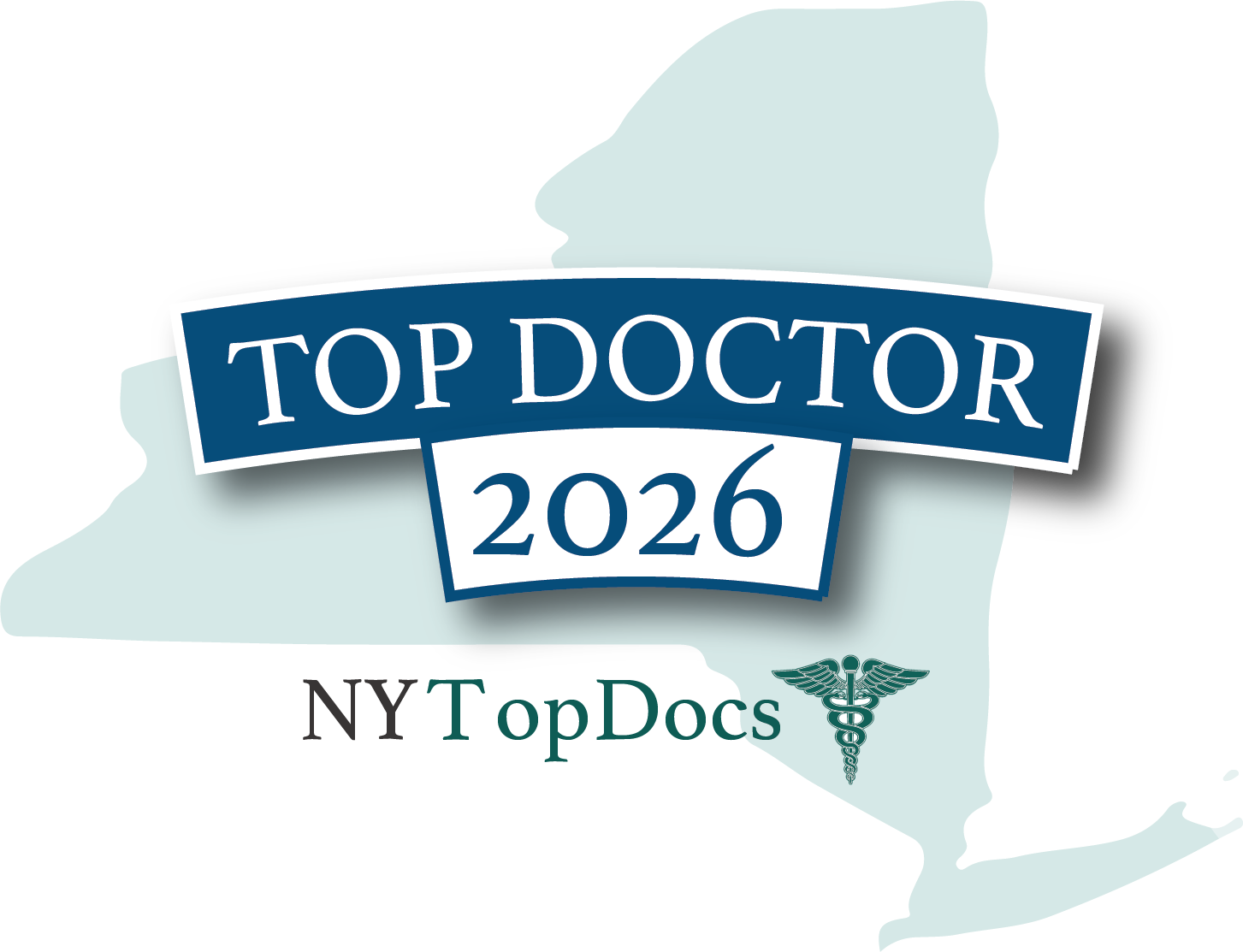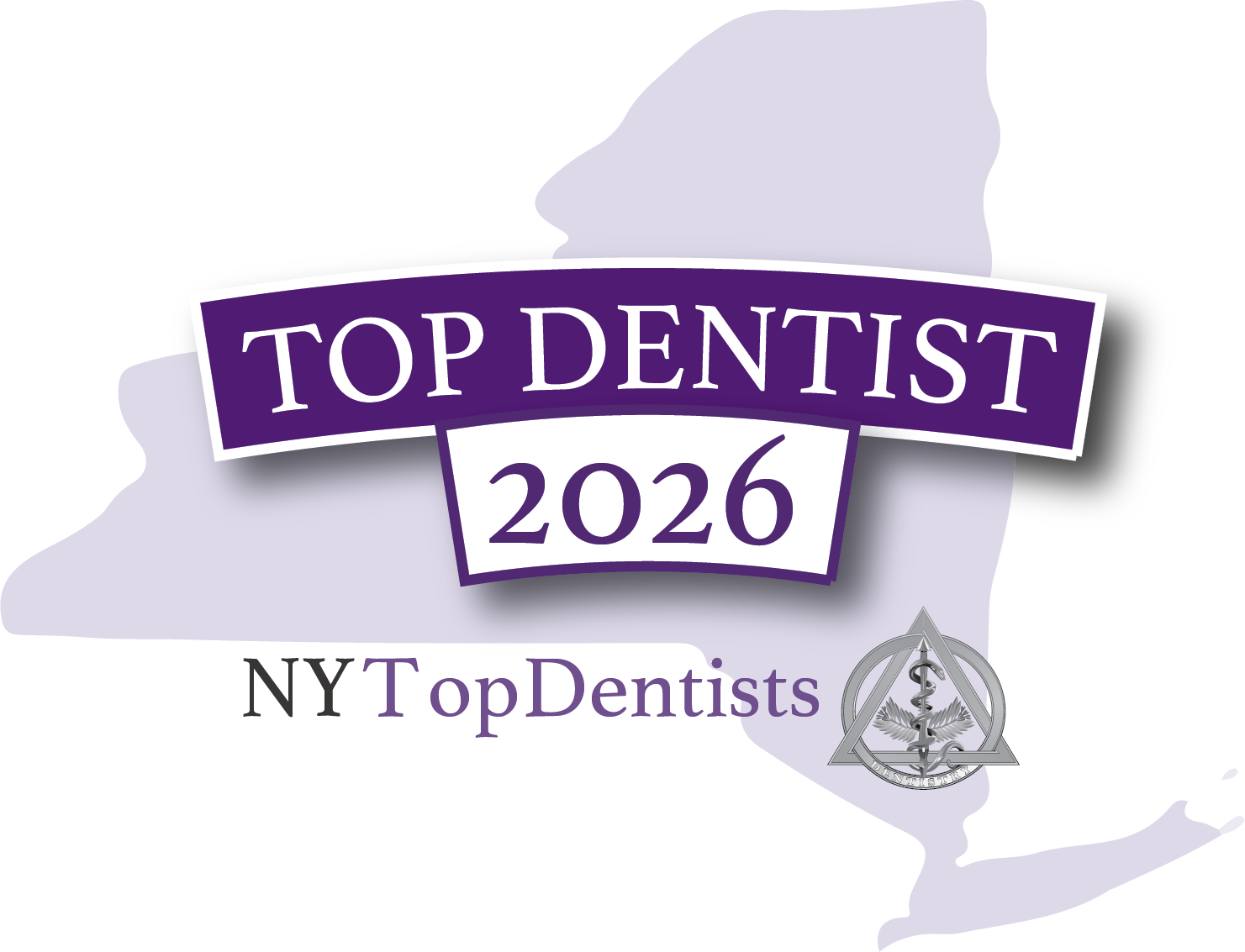NY Top Docs Include: Allergy & Immunology Dr. Alissa L. Hersh Dr. Avi Deener Dr. Carol G. Baum Dr. Daniel Burton Dr. Elizabeth Jacobson Dr. James C. Fagin Dr. Michael Landor Dr. Punita Ponda Dr. Sebastian Lighvani Dr. Steven Grabiec Dr. Yasmin Bhasin Ear, Nose & Throat Dr. Ari J. Namon Dr. Chandra Ivey Dr. Clark Huang Dr. David Sherris Dr. Edward S. Kwak Dr. Erik H. Waldman Dr. Fred Y. Lin Dr. George A. Pazos Dr. James M. Poss Dr. Jay S. Rechtweg Dr. Jeffrey Keller Dr. John Kang Dr. John Sugrue Dr. Jonathan Aviv Dr. Jordan Josephson Dr. Larry J. Shemen Dr. Linda Dahl Dr. Mark S. Persky Dr. Marvin Fried Dr. Max M. April Dr. Michael Dailey Dr. Michael S. Cohen Dr. Michael Setzen Dr. Mukesh Prasad Dr. Ramez Habib Dr. Robert Green Dr. Robert Kellman Dr. Robert L. Pincus Dr. Rosemary Read the full article →
Ingredients 2 teaspoons canola oil 6 (6-inch) whole-wheat flour tortillas 2 teaspoons sugar 1/2 teaspoon ground cinnamon 1 1/2 cups finely chopped peeled ripe avocado (about 2) 1 cup finely chopped strawberries 2 tablespoons minced fresh cilantro 1 teaspoon minced seeded jalapeño pepper 2 teaspoons fresh lime juice 3/8 teaspoon salt Preparation Preheat oven to 350°. To prepare chips, brush oil evenly over one side of each tortilla. Combine sugar and cinnamon; sprinkle evenly over oil-coated sides of tortillas. Cut each tortilla into 12 wedges; arrange wedges in a single layer on two baking sheets. Bake at 350° for 10 minutes or until crisp. Combine avocado and remaining ingredients; stir gently to combine. Serve with chips.
Nearly a quarter century ago, the Autism Society launched a nationwide effort to promote autism awareness, inclusion and self-determination for all, and assure that each person with ASD is provided the opportunity to achieve the highest possible quality of life. This year we want to go beyond simply promoting autism awareness to encouraging friends and collaborators to become partners in movement toward acceptance and appreciation. Let’s embrace a new perspective. For over 50 years we have worked in communities (both large and small) to ensure our actions, through our services and programming, supported all individuals living with autism. Let’s expand this work to focus on the rest of us – ensuring acceptance and inclusion in schools and communities that results in true appreciation of the unique aspects of all people. We want to get one step closer to a society where those with ASDs are truly valued for their unique Read the full article →
NY Top Docs and NY Top Dentists are proud to feature the following March 2016 approved providers: NY Top Docs Include: Orthopedic Surgery Dr. Fabien D. Bitan Dr. Joshua A. Dines Dr. Stephen Fealy Dr. Mark Figgie Dr. Michael Kang Dr. Sun Kim Dr. James M. Kipnis Pediatrics Dr. Daniela J. Sima Plastic Surgery Dr. Samara Churgin Sports Medicine Dr. Michael A. Rauh Thoracic Surgery Dr. Avraham D. Merav These providers were chosen based a number of criteria including but not limited to: Years in practice Board certification review Education & Training Review of malpractice insurance and license Continuing education requirements Patient reviews NY Top Docs is a comprehensive information resource of Top Doctors, Dentists and Hospitals. We profile over 900 Healthcare Providers, in over 100 specialties across the state and have made it convenient for you to find them. NY Top Docs and Read the full article →
As per the healthfinder.gov website, “Colorectal cancer is the fourth most common cancer in the United States and the second leading cause of death from cancer. Colorectal cancer affects people in all racial and ethnic groups and is most often found in people age 50 and older”. March was initially deemed “Colon Cancer Awareness Month” years ago; this year, the internet is buzzing with helpful tips for preventing colon cancer and NJ Top Docs is happy to highlight their top picks. As per The Centers for Disease Control website, “Risk increases with age. More than 90% of colorectal cancers occur in people aged 50 and older.” Those who screen regularly after their fiftieth birthday can significantly lower their risk of getting colon cancer as well as death. The CDC reminds us that Precancerous polyps and colorectal cancer doesn’t always show signs at first. Many people could have cancer and Read the full article →

